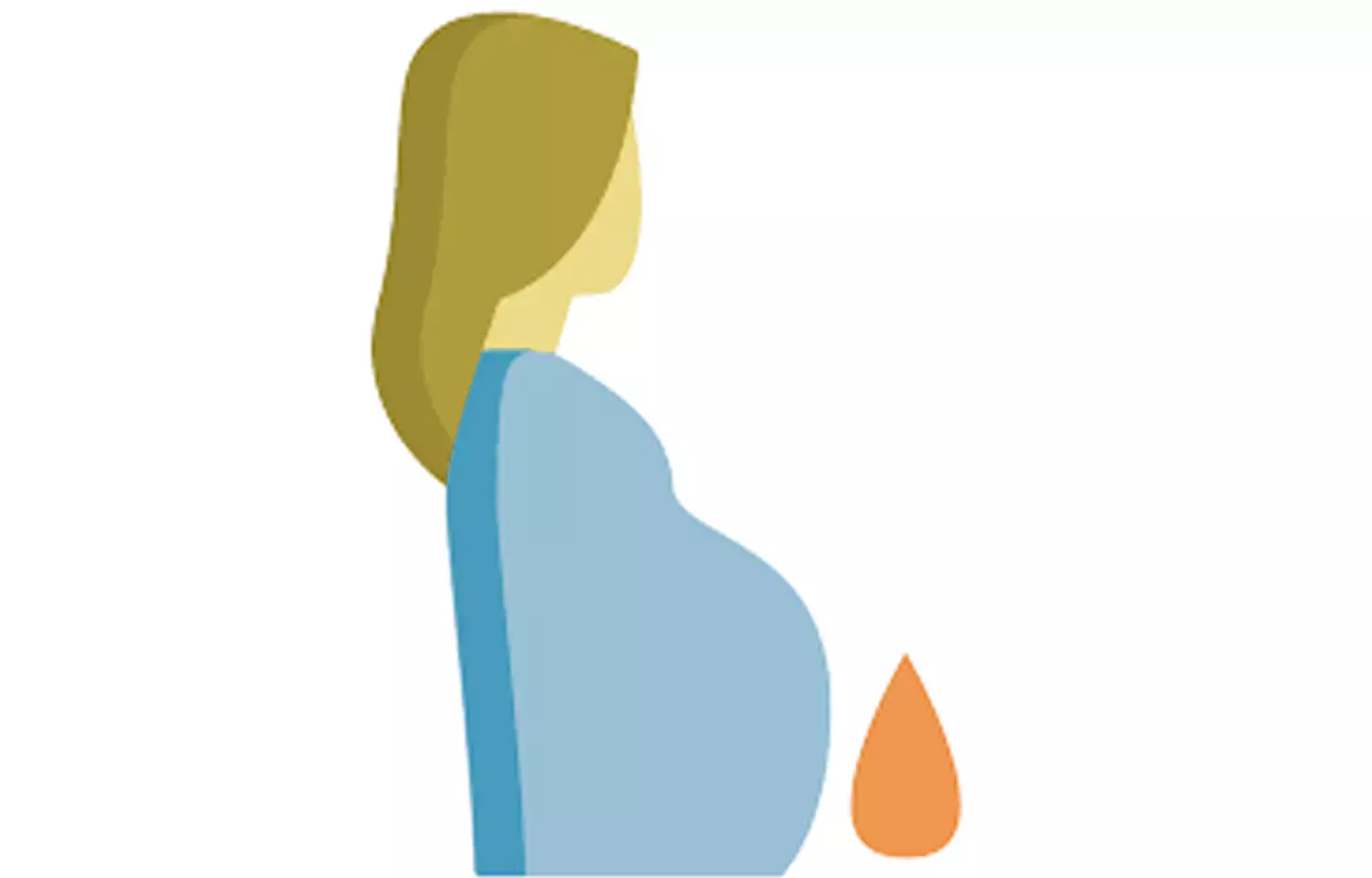- Home
- Medical news & Guidelines
- Anesthesiology
- Cardiology and CTVS
- Critical Care
- Dentistry
- Dermatology
- Diabetes and Endocrinology
- ENT
- Gastroenterology
- Medicine
- Nephrology
- Neurology
- Obstretics-Gynaecology
- Oncology
- Ophthalmology
- Orthopaedics
- Pediatrics-Neonatology
- Psychiatry
- Pulmonology
- Radiology
- Surgery
- Urology
- Laboratory Medicine
- Diet
- Nursing
- Paramedical
- Physiotherapy
- Health news
- Fact Check
- Bone Health Fact Check
- Brain Health Fact Check
- Cancer Related Fact Check
- Child Care Fact Check
- Dental and oral health fact check
- Diabetes and metabolic health fact check
- Diet and Nutrition Fact Check
- Eye and ENT Care Fact Check
- Fitness fact check
- Gut health fact check
- Heart health fact check
- Kidney health fact check
- Medical education fact check
- Men's health fact check
- Respiratory fact check
- Skin and hair care fact check
- Vaccine and Immunization fact check
- Women's health fact check
- AYUSH
- State News
- Andaman and Nicobar Islands
- Andhra Pradesh
- Arunachal Pradesh
- Assam
- Bihar
- Chandigarh
- Chattisgarh
- Dadra and Nagar Haveli
- Daman and Diu
- Delhi
- Goa
- Gujarat
- Haryana
- Himachal Pradesh
- Jammu & Kashmir
- Jharkhand
- Karnataka
- Kerala
- Ladakh
- Lakshadweep
- Madhya Pradesh
- Maharashtra
- Manipur
- Meghalaya
- Mizoram
- Nagaland
- Odisha
- Puducherry
- Punjab
- Rajasthan
- Sikkim
- Tamil Nadu
- Telangana
- Tripura
- Uttar Pradesh
- Uttrakhand
- West Bengal
- Medical Education
- Industry
Tranexamic acid plus uterotonic agents significantly reduce postpartum blood loss: NEJM

USA: Tranexamic acid treatment in women who underwent cesarean delivery and received uterotonic agents significantly reduced blood loss greater than 1000 ml or red-cell transfusion by day 2, finds a recent study. Tranexamic acid, however, does not result in a lower incidence of hemorrhage-related secondary clinical outcomes.
The study results are published in the New England Journal of Medicine.
Postpartum hemorrhage is a leading cause of severe maternal complications and death worldwide. In several small trials, prophylactic administration of tranexamic acid has been shown to be associated with reduced postpartum blood loss after cesarean delivery but evidence of its benefit in this clinical context remains inconclusive.
Against the above background, Loïc Sentilhes and colleagues aimed to investigate whether tranexamic acid plus a prophylactic uterotonic agent would be associated with a lower incidence of postpartum hemorrhage after cesarean delivery than the uterotonic agent alone.
For this purpose, the researchers conducted a multicenter, double-blind, randomized, controlled trial. In the trial, women undergoing cesarean delivery before or during labor at 34 or more gestational weeks were assigned to receive an intravenously administered prophylactic uterotonic agent and either tranexamic acid (1 g) or placebo.
The primary outcome was postpartum hemorrhage, defined as a calculated estimated blood loss greater than 1000 ml or receipt of a red-cell transfusion within 2 days after delivery. Secondary outcomes included gravimetrically estimated blood loss, provider-assessed clinically significant postpartum hemorrhage, use of additional uterotonic agents, and postpartum blood transfusion.
Of the 4551 women who underwent randomization, 4431 underwent cesarean delivery, 4153 (93.7%) of whom had primary outcome data available.
Key findings of the study include:
- The primary outcome occurred in 556 of 2086 women (26.7%) in the tranexamic acid group and in 653 of 2067 (31.6%) in the placebo group (adjusted risk ratio, 0.84).
- There were no significant between-group differences in mean gravimetrically estimated blood loss or in the percentage of women with provider-assessed clinically significant postpartum hemorrhage, use of additional uterotonic agents, or postpartum blood transfusion.
- Thromboembolic events in the 3 months after delivery occurred in 0.4% of women (8 of 2049) who received tranexamic acid and in 0.1% of women (2 of 2056) who received placebo (adjusted risk ratio, 4.01).
"Among women who underwent cesarean delivery and received prophylactic uterotonic agents, tranexamic acid treatment resulted in a significantly lower incidence of calculated estimated blood loss greater than 1000 ml or red-cell transfusion by day 2 than placebo, but it did not result in a lower incidence of hemorrhage-related secondary clinical outcomes," wrote the authors.
The study titled, "Tranexamic Acid for the Prevention of Blood Loss after Cesarean Delivery," is published in the New England Journal of Medicine.
DOI: 10.1056/NEJMoa2028788
Dr Kamal Kant Kohli-MBBS, DTCD- a chest specialist with more than 30 years of practice and a flair for writing clinical articles, Dr Kamal Kant Kohli joined Medical Dialogues as a Chief Editor of Medical News. Besides writing articles, as an editor, he proofreads and verifies all the medical content published on Medical Dialogues including those coming from journals, studies,medical conferences,guidelines etc. Email: drkohli@medicaldialogues.in. Contact no. 011-43720751


